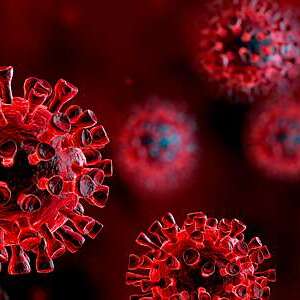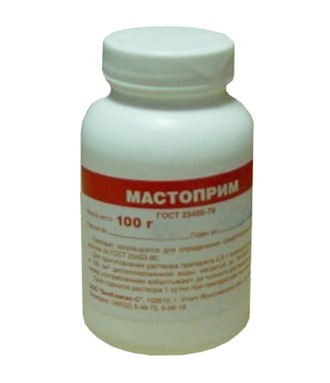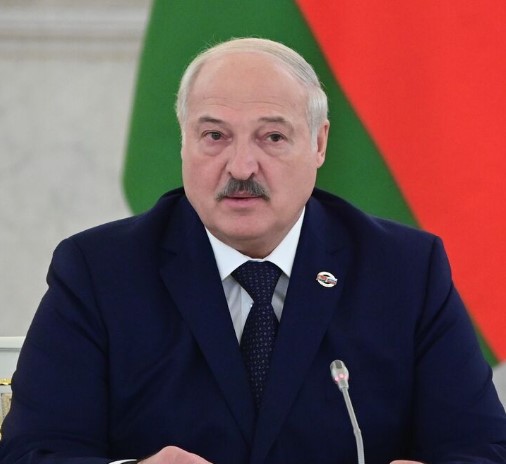The WHO European Office will study the issue of closing the organization's office in Moscow The
The Regional Committee for Europe of the World HEALTH Organization (WHO) during a special session adopted a resolution that proposes to explore the possibility of moving the WHO office for combating noncommunicable diseases located in Moscow outside Russia, REUTERS reports.
A special session of the WHO Committee on the situation in the healthcare sector in Ukraine was convened at the request of 43 Member States of the WHO European Office. Ukraine, Georgia, Turkey, Moldova, Israel, as well as EU countries voted for the draft resolution. Russia, Belarus and Tajikistan opposed the resolution, Armenia and Kazakhstan abstained.
The resolution invites WHO Regional DIRECTOR for Europe (EBR) Hans Kluge "to explore the possibility of relocating the above office [Noncommunicable Diseases in Moscow] outside the Russian Federation." At the same time, the document contains a call to consider the possibility of suspending all regional meetings in Russia, as well as conferences and seminars whose participants are determined by the WHO European Office, until a peaceful resolution of the conflict between Russia and Ukraine.
A Reuters source previously reported that WHO avoids tough measures against Russia. The closure of the office in Moscow is more of a political nature and was undertaken to increase the isolation of Russia, one of the agency's interlocutors said.
Deputy Minister of Health of Russia Andrei Plutnitsky, who spoke during the session via video link, said that the resolution was built to please the political ambitions of some countries in the region and could jeopardize the health of the population of Europe. “We strongly oppose the adoption of the submitted draft resolution, it is aimed at undermining the work of WHO in the Eurasian space. Its adoption will inevitably lead to the curtailment of programs for the provision of medical care to interested countries, the destruction of interaction in the interests of ensuring the health of the population of the WHO European Region and the whole world, which is completely inconsistent with the WHO charter, ”he said (quoted by TASS).
The closure of the office will not affect the provision of medical care to residents of Russia, as well as scientific activities, Alexei Kuznetsov, assistant minister of health, later said.
Read on RBC Pro Pro Do the opposite:how to make money on erroneous forecasts of investment gurus Articles Pro SMS is no longer affordable: howsanctionschanged mobile mailings in Russia Articles Pro Who will occupy warehouse space,emptied by sanctions and player exits Pro x The Economist Predictions Staffing "trolley problem":how to fire without harm to the company Articles Pro Why Amazon shares collapsed and what will happen next Articles ProHow to register an employee remotely Instructions Pro Self HR:why an employee needs to be their own HR manager Articles Pro Advertising as a cure for depression:How Kellogg's Survived the 1930s Recession ArticlesThe HEAD of WHO arrived in Ukraine on a working visit Politics
The Regional Office for Europe is one of six WHO regional offices located in different parts of the world. WHO/Europe serves the WHO European Region, which includes 53 countries, including Russia, Ukraine and EU countries.
The WHO office in Moscow for the fight against noncommunicable diseases was opened in December 1998. In Russia, the world organization implements programs to combat tuberculosis, HIV, AIDS, and others. In total, 26 employees work in the Moscow office.
At the end of February, shortly after the start of the Russian military operation, the Ministry of Health of Ukraine asked WHO to stop cooperation with Russia. Later, Hans Kluge, WHO Regional Director for Europe, visited Ukraine. He visited medical facilities in Lviv and met with Ukraine's Health Minister Viktor Lyashko. During the meeting, Kluge reaffirmed WHO's readiness to provide continued support to the country in addressing urgent health system problems and taking long-term measures to restore it. He assured that WHO is committed to helping with the elimination of the consequences of the serious damage caused to the healthcare system of Ukraine, and will ensure its restoration according to the principle "better than it was."
Also in early April, WHO paused the issue of inspections at enterprises in Russia for the Sputnik V CORONAVIRUS vaccine. According to the head of the organization, Tedros Ghebreyesus, the inspection team was originally supposed to go to Russia a few days before the start of the special operation in Ukraine, but "now" there is no way for action, so everything has been put on hold.
Favorable course inFavorable exchange rate at VTB officesThe larger the amount, the greater the benefit.More than 1,000 branches across the countryPreliminary calculation inonline converter




























































